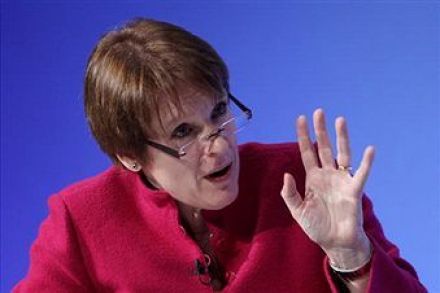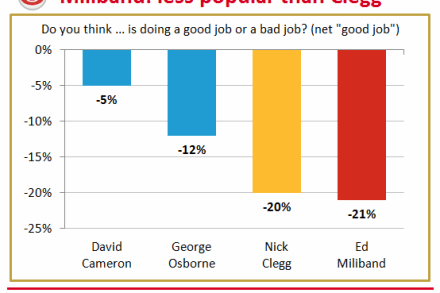Badgering Spelman
The stars must be crossed for Caroline Spelman. First came the forests, then the bin collection fiasco, then the circus animals and now the FT’s Jim Pickard has news that the Cabinet will meet in mid-July to discuss whether to start a badger cull in the south-west. Badgers are one of those perennial issues of contention. As Pickard says: ‘It’s one of those classic issues where both sides have a highly convincing argument. The farmers (who have, I’m told, offered to underwrite the killing) believe that badgers have caused bovine TB among cattle herds and are pushing hard for the cull. But the animal welfare people want vaccination instead. They say



















